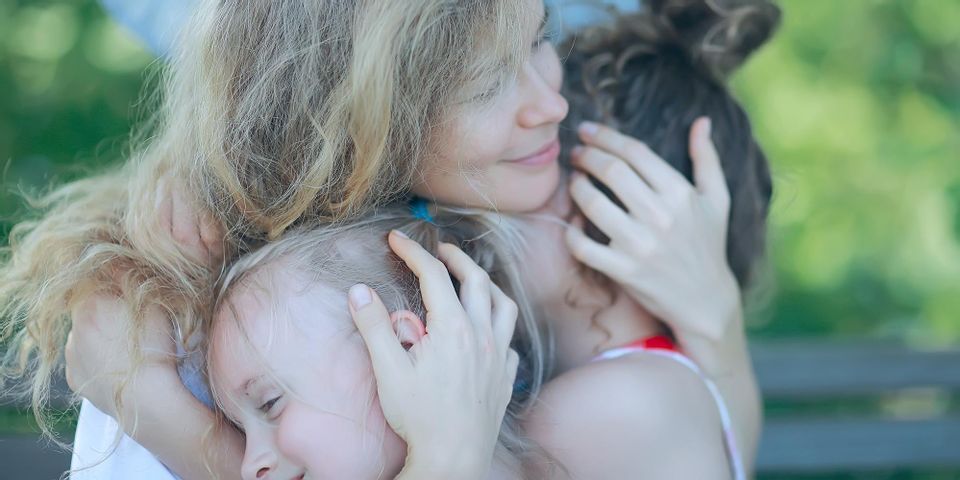
Both guardianship and child custody deal with the legalities of who has the right to care for and make decisions regarding a minor. As a result, the two terms are often confused. The guide below takes a closer look at each, explaining their key differences.
Guardianship
Legally-speaking, a parent is a child's guardian. But in situations where a parent is not able to adequately care for their son or daughter, guardianship can be awarded to a more appropriate adult. Parents typically still retain their parental rights unless they are expressly revoked by the courts or the parent relinquishes them of their own accord.
The courts can appoint a guardian or a parent can choose one for their son or daughter; an example of the latter would be a parent who is incarcerated. Guardianships can be ordered on a temporary or emergency basis or as a permanent arrangement until the child reaches their age of majority. The guardian handles all of the daily decision-making involved in raising and protecting the child.
Custody
 Child custody is granted by court order. It establishes how custody is set up between two parents, including where their child lives, which parent can make legal decisions on their behalf, and if, when, and how often the noncustodial parent has visitation rights.
Child custody is granted by court order. It establishes how custody is set up between two parents, including where their child lives, which parent can make legal decisions on their behalf, and if, when, and how often the noncustodial parent has visitation rights.
Custody does not involve adults other than the boy's or girl's parents unless a legally-appointed, nonparental guardian requests custody after parental rights have been terminated or relinquished. Also, child custody orders can be amended over time to meet the family's changing needs.
If you are trying to seek guardianship or custody for a child, family lawyer Jeanelle S. Kleveland of Kleveland Law Offices can help. Since 1984, she has been representing Lancaster County, Nebraska in family, probate, and criminal law cases. Call (402) 477-7776 or visit her online to schedule a consultation.
About the Business
Have a question? Ask the experts!
Send your question

